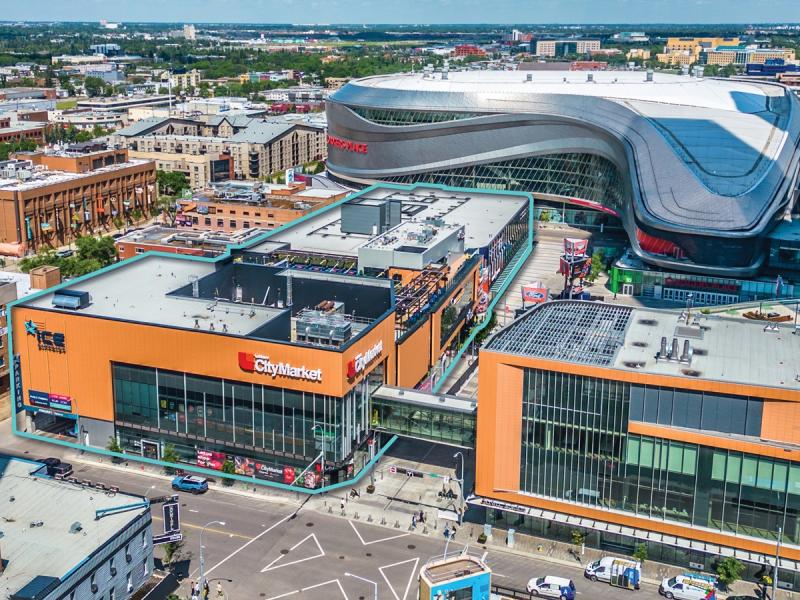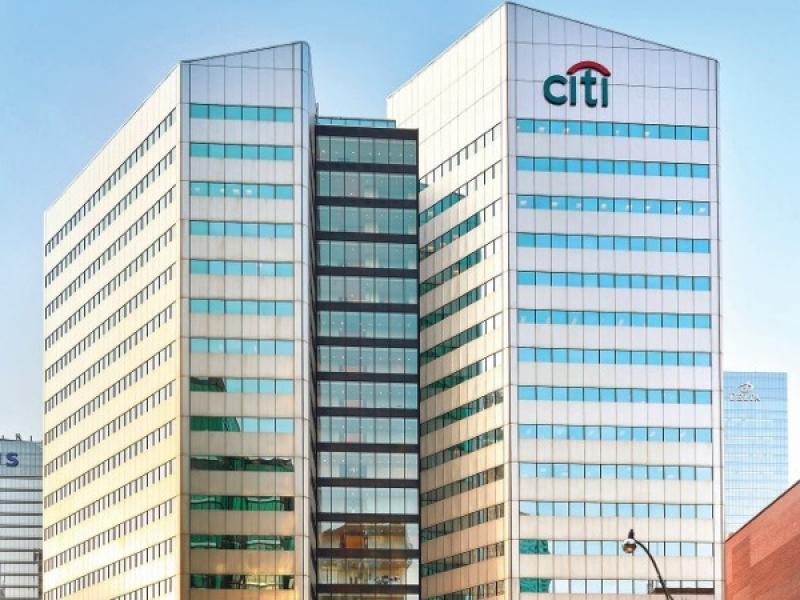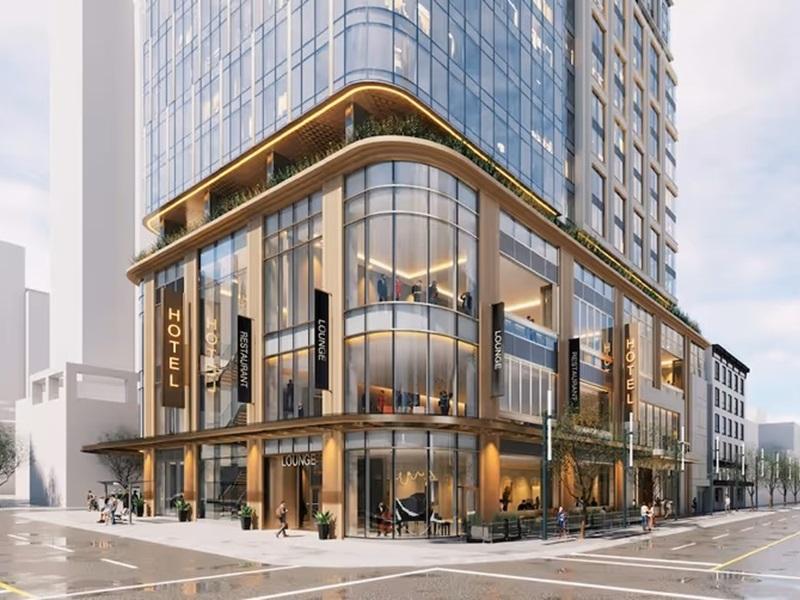
The Cochrane Business Park in Markham, just north of Toronto, is one of the most recent purchases by Summit Industrial REIT. (Aerial courtesy Google Maps)
Strong performance from its Greater Toronto Area assets and a major expansion of its portfolio led a record 2019 for Summit Industrial Income REIT, which is poised for further growth in 2020 according to its CEO.
Revenue from income-producing properties for the three months and year ended December 31, 2019 rose 53.9 per cent and 54.3 per cent to $41.2 million and $142.2 million, respectively, compared to the same periods in 2018. The REIT says the increases are due primarily to acquisitions completed in 2019, continuing strong occupancies and increased rents.
“2019 was another record year, record growth and record operating performance for Summit,” said Paul Dykeman, chief executive officer, in the REIT’s year-end financial results conference call with analysts. “We expanded our presence and increased our size and our scale in our key target markets.
“We accelerated our property development and expansion activities, generating strong accretive returns. We maintained a highly conservative financial position, providing us with the resources and flexibility to continue our track record of accretive growth.”
42 properties acquired in 2019
He said the REIT acquired 42 properties in 2019, adding 4.2 million square feet to its portfolio. The total purchase price of $709 million is well below replacement cost, Dykeman added.
With these acquisitions, the total value of its property portfolio rose to $2.5 billion at the end of 2019.
As of February 19, the portfolio had 154 light industrial properties with 18 million square feet of gross leasable area and was 98.5 per cent occupied. Of that space, 51.9 per cent is in Ontario, 29.1 per cent in Alberta, 18.7 per cent in Quebec and 0.3 per cent in Nova Scotia and British Columbia.
“We’re turning our attention to rebalancing the portfolio by expanding our presence primarily in the GTA – Canada’s strongest and most vibrant industrial market,” said Dykeman.
The REIT’s biggest purchase in 2019 was 37 properties in Calgary and Edmonton totalling 3.3 million square feet for $588 million. The tenant base is primarily transportation, warehouse, and light manufacturing firms with only 17 per cent in the oil and gas business.
Many of those tenants are on long-term leases.
Summit Industrial developments
Dykeman said Summit will soon start construction on a 92,500-square-foot building on land it owns in Mississauga, and a 140,000-square-foot property in Burlington. These are expected to be completed in early 2021.
Also, two buildings are being built in Guelph, west of Toronto, totalling 387,000 square feet. Construction is expected to be completed by the middle of this year.
Summit has 54 properties in the GTA representing 7.2 million square feet with 99.4 per cent occupancy. Demand is outstripping supply in the market, driven by ecommerce and population growth.
The GTA has the lowest availability and vacancy rates in Canada at 1.1 per cent and 0.4 per cent respectively.
Dykeman said Summit is targeting $200 million to $250 million in acquisitions this year in the GTA.
It is “the main object of our growth programs going forward through a combination of property acquisitions and new developments,” Dykeman said. “Driving our record performance are the strong fundamentals in the GTA industrial market.”
Other potential growth markets
Dykeman said Summit continues to believe Alberta presents a strong opportunity for growth going forward. The REIT has 49 properties in Alberta with 5.2 million square feet and 96.2 per cent occupancy.
“We believe Calgary has fully recovered from the past economic slowdown and we are seeing rising occupancies and monthly rents,” he said.
Montreal, Canada’s second largest industrial market, remains another key geographic region for Summit with 28 properties, 3.4 million square feet and 100 per cent occupancy.
“Montreal continues to demonstrate strong fundamentals. Like the GTA, availability and vacancies are declining, with increasing demand coming from expansion of the city’s major shipping port and proximity to large Eastern U.S. markets,” Dykeman said. “Availability in Montreal is approaching three per cent, which usually is the early sign of a trigger for accelerated rental growth.”
Net rental income for the three months and year ended December 31, 2019 increased 58.9 per cent and 59 per cent respectively to $29.7 million and $103.1 million, respectively, compared to the same periods in 2018. The growth in net rental income is due to the strong increase in same property net operating income, higher overall rental rates on leasing activities, contractual steps in rent, and accretive acquisitions, according to Summit.
The REIT completed 1.5 million square feet of lease renewals in 2019 with a strong retention rate of 98.2 per cent.
Overall, the 2019 renewals generated an average 12 per cent increase in monthly rents from the expiring rents. In the GTA market that increase was 16 per cent, said Summit.
During 2019, the REIT also completed renewals of 1.1 million square feet expiring in 2020. The 2020 renewals generated an average 17.1 per cent increase in monthly rents, with a 24.2 per cent increase in the GTA market.
As at December 31, 2019 only six per cent of the portfolio remained to be renewed in 2020.







